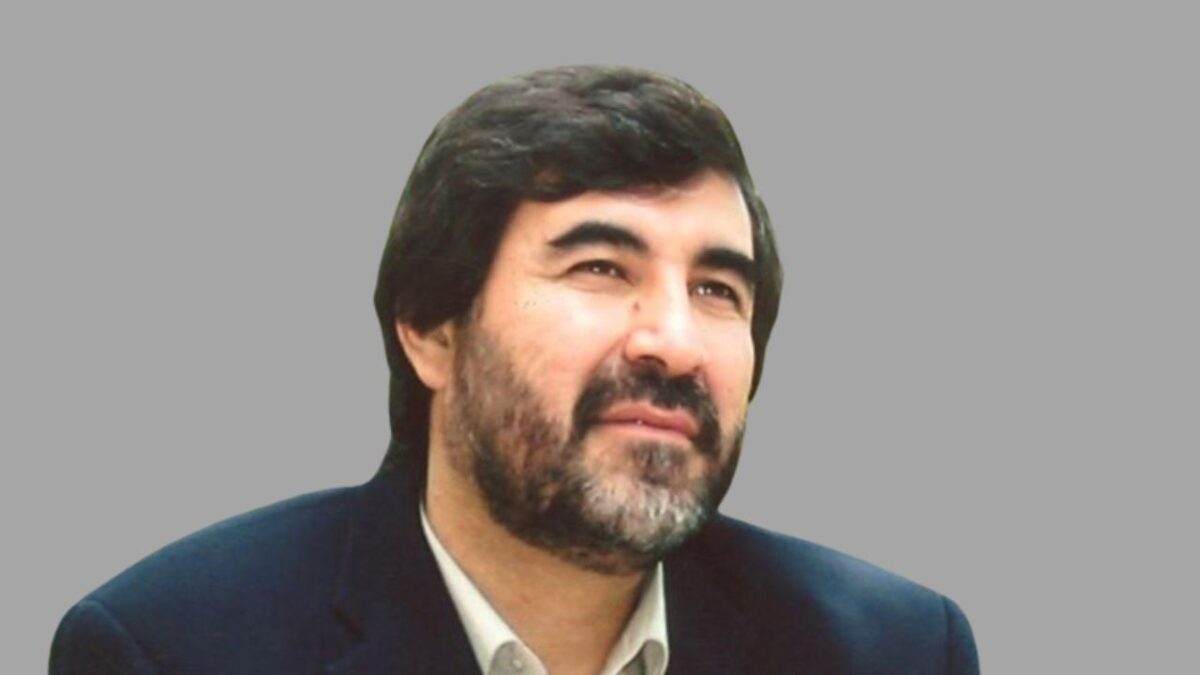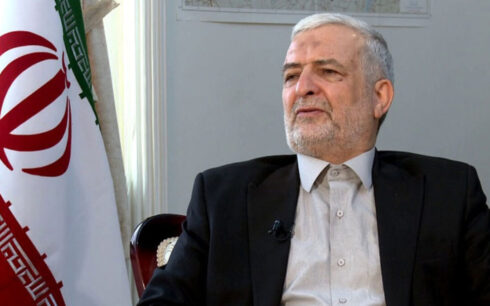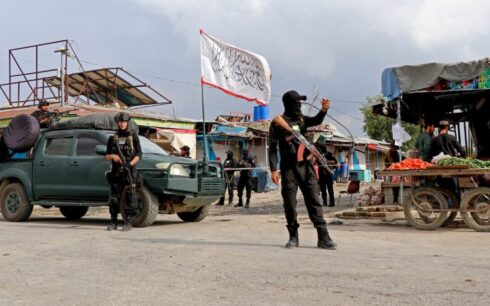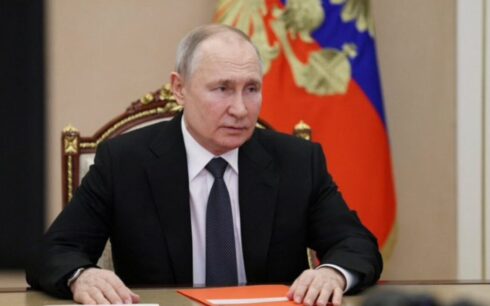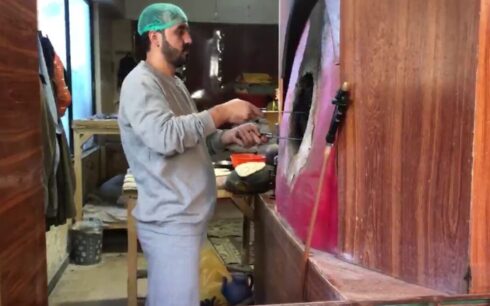Afghanistan’s political figures gathered in a virtual meeting on Tuesday to mark the 17th anniversary of the death of Mustafa Kazemi, a former minister of commerce, a former MP and a prominent political leader. The event, attended by influential figures such as Yunus Qanuni and Mohammad Mohaqiq, honored Kazemi’s legacy, with participants describing him as a “hero.”
Kazemi was killed on November 6, 2007, during a visit to Baghlan Province in northern Afghanistan, where he and five other members of parliament were targeted in a suicide attack at a local sugar factory. The bombing claimed the lives of Kazemi and five fellow MPs: Abdul Matin, Sibgatullah Zaki, Haji Sahib Rahman Hemat, Nazik Mir Sarferaz, and Mohammad Arif Zarif. Despite the passage of years, no group has claimed responsibility for the attack.
Born in 1963 in Parwan, Kazemi played a pivotal role in Afghanistan’s interim government following the fall of the Taliban in 2001. He was a key delegate to the Bonn Conference that December, where Afghanistan’s post-Taliban political framework was established. He served as commerce minister in the transitional and interim governments and later founded the National Power Party (Hizb-e Eqtedar-e Milli) in 2004, a party also known as the United National Front, where he was elected leader. That same year, Kazemi won a seat in parliament as a representative for Kabul and became head of the National Economy Commission in the House.
During his tenure, Kazemi spearheaded initiatives to support Afghanistan’s economy. Among his notable achievements as commerce minister and head of the economic commission:
He established a support system for Afghan entrepreneurs, enabling the growth of small and large businesses.
Kazemi launched the Directorate of Investment Support to attract foreign investment.
He negotiated customs exemptions of up to 80 percent for Afghan goods with the United States and India.
He championed the construction of the Zaranj-Delaram-Chabahar transit road, bolstering regional trade routes.
Kazemi strengthened Afghanistan’s ties with countries like the United States, South Korea, and Iran, and he founded the Afghan Chamber of Commerce to facilitate international partnerships.
He attracted investors by creating the High Investment Commission, a liaison between the government and private sector.
He oversaw the development and renovation of industrial parks in Kabul and other provinces, a project aimed at modernizing Afghanistan’s infrastructure.

